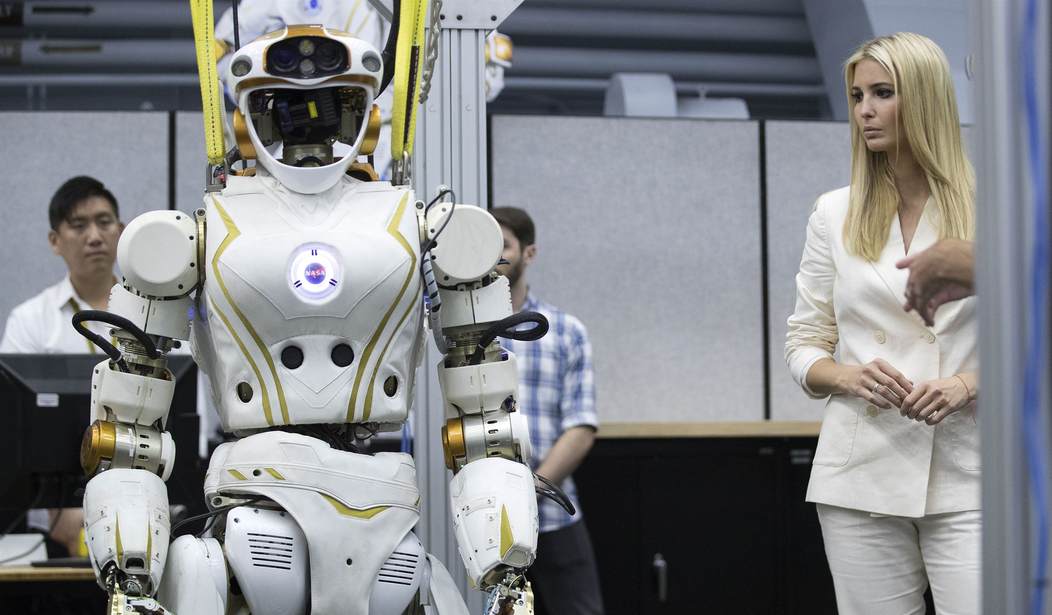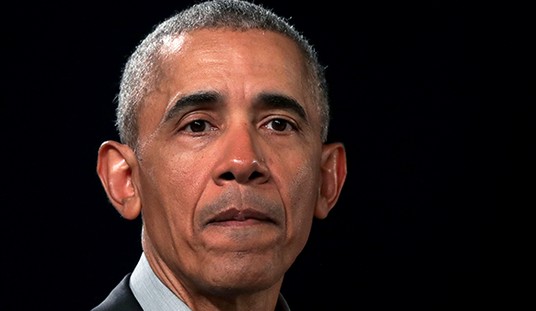Is healthcare a science or an art?
The answer probably depends on whom you ask.
For AI developers, as for the healthcare industry as a whole for at least the last hundred years post-Rockefeller-sponsored Flexner Report, healthcare is clearly the former — data-driven, impersonal, streamlined, standardized, systematized.
Related: WHO Accuses Anti-Vaxxers of 'Anti-Science Aggression,' Calls Them 'Killing Force'
Dr. Oz, CMS administrator, has big plans to turn Medicare and Medicaid over to digital “AI avatars” in lieu of human healthcare workers.
Via Wired (emphasis added):
Will the net effect of the AI-ization of healthcare be positive or negative when the rubber meets the road?Dr. Mehmet Oz, the new administrator for the Centers for Medicare and Medicaid Services (CMS), spent much of his first all-staff meeting on Monday promoting the use of artificial intelligence at the agency and praising Robert F. Kennedy Jr.’s “Make America Healthy Again Initiative,” sources tell WIRED.
During the meeting, Oz discussed possibly prioritizing AI avatars over frontline health care workers.
Oz claimed that if a patient went to a doctor for a diabetes diagnosis, it would be $100 per hour, while an appointment with an AI avatar would cost considerably less, at just $2 an hour. Oz also claimed that patients have rated the care they’ve received from an AI avatar as equal to or better than a human doctor. (Research suggests patients are actually more skeptical of medical advice given by AI.) Because of technologies like machine learning and AI, Oz claimed, it is now possible to scale “good ideas” in an affordable and fast way.
Several considerations abound.
First, there is currently, arguably, very little difference between literal AI and human doctors in organizations like giant hospital groups; the standards of care are already tightly regimented and deviations from these norms are met with either implicit or explicit threats of firing and/or revocation of medical licenses. We saw this in spades during COVID.
Related: Vaxxed Healthcare Workers 27% MORE Likely to Contract Flu: Study
Then there’s the question of what all of these healthcare workers are supposed to do when their livelihoods have been stripped away by AI.
Are they supposed to “learn to code”?
The healthcare industry, the largest industry in the nation, employs tens of millions of workers, nearly a million of which are physicians.
Via Bureau of Health Workforce (emphasis added):
The health care industry employed over 17 million people in 2023, making it the largest employment sector in the United States. It comprises a wide range of skilled professionals with varying levels of education and training. In 2022, the United States spent $13,493 per person on health care, which amounts to 17.3% of its gross domestic product (GDP). Health care spending in the United States is higher than in any other major economy, both in absolute dollar terms and relative to GDP.
Lastly, to the extent human morality or compassion persists in the medical industry despite the best efforts of the technocrats to excise these qualities, what will the cost-benefits analyses of providing care to “undesirables” — the “death panels” that Bill Gates openly aspires to implement — look like once those decisions are left to cold, calculating machine-minds with a mind for efficiency and utilitarianism?










